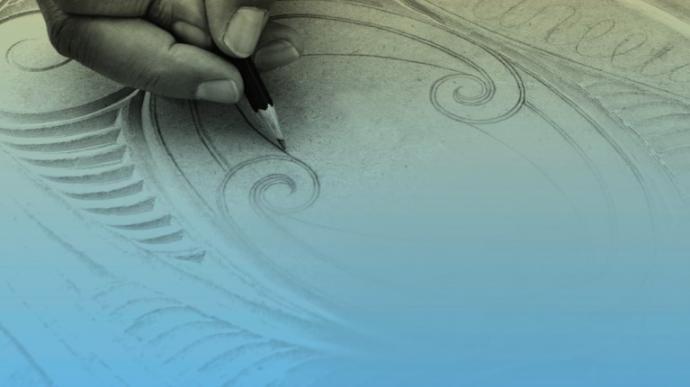News
Published 29 March 2018Committed to an inclusive view of knowledge

Our President responds to a recent column in the media that questions both the role of the Treaty of Waitangi in guiding science in New Zealand and the practice of consulting with groups, such as Māori, who may be affected by proposed research before research begins.
"A recent column in the media questioning the role of the Treaty of Waitangi in guiding scientific research and the practice of seeking the input of Māori or others affected by proposed research has provided an opportunity for the Society to reflect on and to confirm our commitment to an inclusive view of knowledge and changing how we do things.
Last year we celebrated a major milestone, our 150 Anniversary. We were founded in 1867, “to promote the general study and cultivation of art, science, literature and philosophy”, to quote from the Act passed at that time.
2017 was an important year for us, both in celebrating our history but also in looking to the future and acknowledging that we need to make changes in how we operate. We need to do this if we are to represent and support all those who generate knowledge in Aotearoa, and to be able to share that knowledge with New Zealanders in a way that is useful and relevant to them. Our new tagline Explore, Discover, Share reflects this change in our approach.
Aotearoa New Zealand is a nation that has multiple knowledge systems. Next year is the 250 year anniversary of when two of these knowledge systems first met - when Tupaia, a Polynesian navigator who used the science of star-referenced navigation, guided James Cook on the Endeavour. The visitors brought science as known then in England and met other quite different forms of science from Māori – for example in food preservation and medicinal use of plant materials.
We confirm our commitment to value all forms of research and scholarship. Though the methods of humanities research and Māori research may differ from the natural and physical sciences, they are no less rigorous.
Last year we changed our branding to emphasise our Māori name Te Apārangi, which was gifted to us in 2007 by Professor James Wharehuia Milroy, meaning a group of experts. We also incorporated a koru in our logo to better reflect our place in Aotearoa New Zealand.
We began working with Ngā Pae o te Māramatanga, New Zealand’s Māori Centre of Research Excellence, with the shared aim of strengthening the intent of Te Apārangi to connect more with Māori researchers and Māori communities.
We have launched a shared project—Te Takarangi—which celebrates the breadth of knowledge and scholarship in Māori publications by showcasing a new book each week day until Māori Language Week in September, when all 150 books in the sample list will have been profiled.
The Te Takarangi collection provides an overview of some of the most important Māori leaders, thinkers and authors of our time and provides an excellent insight into the depth and breadth of Māori academic excellence and mātauranga. The Royal Society Te Apārangi is both humbled and proud to be a part of this project.
Last year we also began a process to revise our Code of Professional Standards and Ethics to, amongst other objectives, better recognise all relevant research methodologies and knowledge systems in Aotearoa New Zealand; and recognise good practices in Māori research and good practice in working with Māori communities.
Our Members are bound to follow this Code and we hope it can stand for others as a point of reference for good practice. The Code is an implied social contract between the researchers and the wider community including those potentially affected by the research.
The draft revised Code, which we are currently seeking feedback on, embraces the existence of multiple knowledge systems, and sets out researcher’s responsibilities under the Te Tiriti o Waitangi, and to affected communities more generally.
I hope to see this broader approach adopted as the norm of good research practice in Aotearoa New Zealand. To cite a famous whakatauki:
Ko te manu e kai ana te miro, nōna te ngahere ko te manu e kai ana te mātauranga, nōna te ao
The bird that feeds from the miro berry belongs to the forest, but the bird that partakes of knowledge belongs to the world."
Emeritus Professor Richard Bedford QSO FRSNZ
President Royal Society Te Apārangi.
